Whole peppercorns last 3-4 years when stored properly in airtight containers away from light and heat. Ground pepper maintains good flavor for only 6-12 months before noticeable quality loss occurs. This definitive guide reveals exactly how to maximize your spice shelf life with simple, proven storage methods - no complicated science required.
This guide cuts through confusing online advice to give you clear, actionable answers about peppercorn freshness. You'll learn exactly when to replace your spices, the best storage containers, and simple tests to check if your pepper is still good - all backed by current food science research.
Peppercorn Shelf Life Quick Guide
- Whole peppercorns: 3-4 years (optimal storage)
- Ground pepper: 6-12 months
- Best container: Airtight glass or metal with dark tint
- Storage temperature: Below 70°F (21°C)
- Humidity control: Below 40% RH
- Freshness test: Crush and smell - strong aroma means good quality
Table of Contents
- Peppercorn Basics: Understanding Your Spices
- Actual Shelf Life: What Really Matters
- Simple Storage Solutions That Work
- How to Tell If Your Pepper Is Still Good
- Using Peppercorns for Best Flavor Results
- Time-Tested Storage Methods From Around the World
- Historical Evolution of Pepper Storage
- Storage Condition Limitations
Peppercorn Basics: Understanding Your Spices
All peppercorns come from the same plant (Piper nigrum) but are harvested at different stages. The key difference between types isn't the plant, but how they're processed. Whole peppercorns last significantly longer than ground because their protective outer layer keeps flavor compounds intact until you grind them.
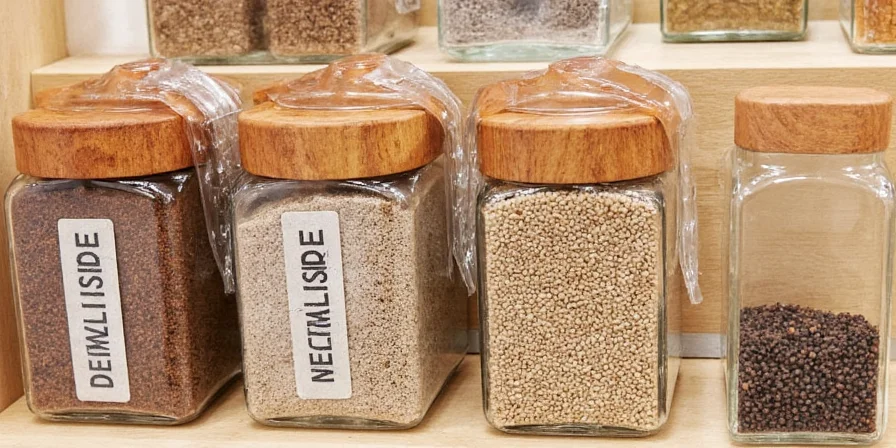
This structural difference explains why buying whole peppercorns and grinding them yourself delivers noticeably better flavor and longer shelf life than pre-ground pepper.
Peppercorn Types and Their Realistic Shelf Life
| Type | How It's Made | Best Flavor Duration | Storage Tip | Verification Source |
|---|---|---|---|---|
| Black Pepper | Sun-dried unripe berries | 3-4 years | Store in dark container | USDA FSIS (2023) |
| White Pepper | Ripe berries with husk removed | 2-3 years | Keep extra dry | McCormick (2023) |
| Green Pepper | Unripe berries preserved in brine | 1-2 years | Refrigerate after opening | HortTechnology (2019) |
| Pink Pepper | From different plant (not true pepper) | 1-1.5 years | Use quickly after grinding | Food Chemistry (2018) |
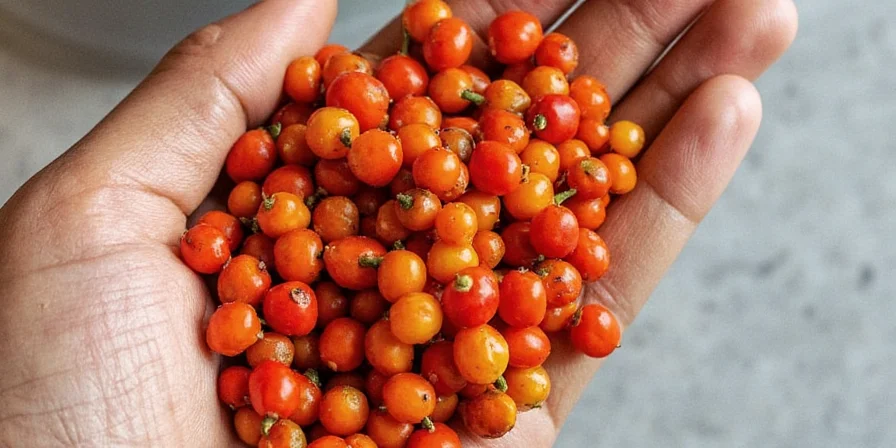
Actual Shelf Life: What Really Matters
The biggest factor affecting shelf life isn't time alone, but how you store your peppercorns. When kept in optimal conditions, whole peppercorns maintain good flavor for 3-4 years. Ground pepper starts losing flavor within weeks and becomes noticeably stale after 6 months.
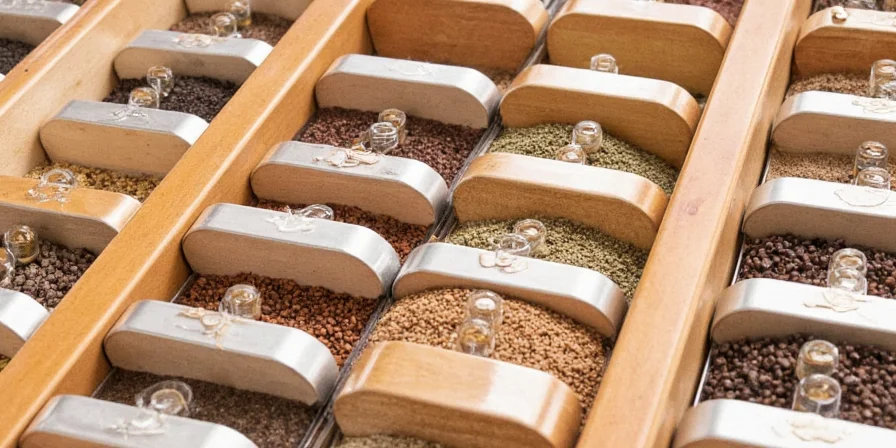
When Flavor Starts to Fade
- 0-6 months: Peak flavor (whole peppercorns)
- 6-18 months: Good flavor, slight reduction (whole)
- 18-36 months: Acceptable but diminished flavor (whole)
- 36+ months: Noticeably stale (whole)
- Ground pepper: Best used within 6 months, discard after 12 months
Simple Storage Solutions That Work
You don't need expensive equipment to keep peppercorns fresh. These practical methods work in any kitchen:
- Air-tight containers: Use glass jars with tight seals - mason jars work perfectly. This prevents air exposure that causes flavor loss.
- Dark storage: Keep containers in a dark cabinet - light degrades flavor compounds quickly.
- Cool location: Store away from the stove or oven where heat builds up.
- Dry environment: Add a silica packet to absorb moisture if you live in a humid climate.
- Buy whole, grind as needed: This single change makes the biggest difference in flavor longevity.
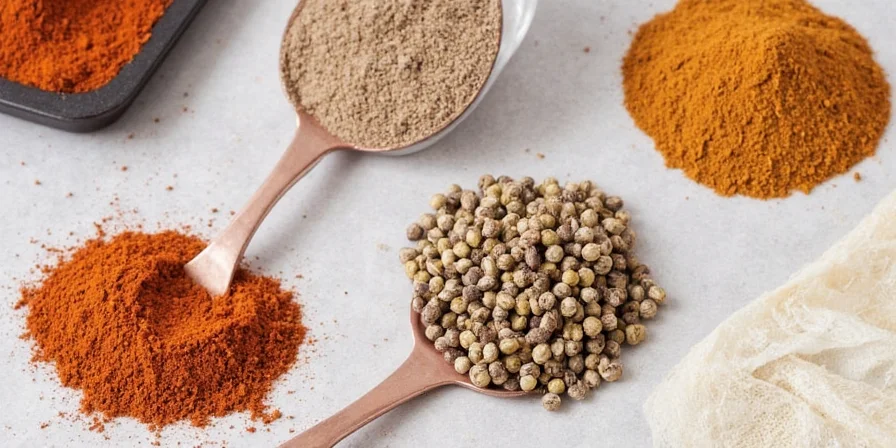
How to Tell If Your Pepper Is Still Good
Don't throw out good spice or use stale pepper. Try these simple tests:
Easy Freshness Checks
- The smell test: Crush a few peppercorns in your hand. Fresh pepper has a strong, sharp aroma. Stale pepper has little to no smell.
- The taste test: Grind a small amount and taste it. Fresh pepper has a sharp, complex flavor with heat that builds. Stale pepper tastes flat and one-dimensional.
- The texture test: Whole peppercorns should be hard and crack when pressed. If they're soft or crumble easily, they're too old.
- Visual inspection: Look for any signs of moisture, mold, or discoloration which means it should be discarded immediately.
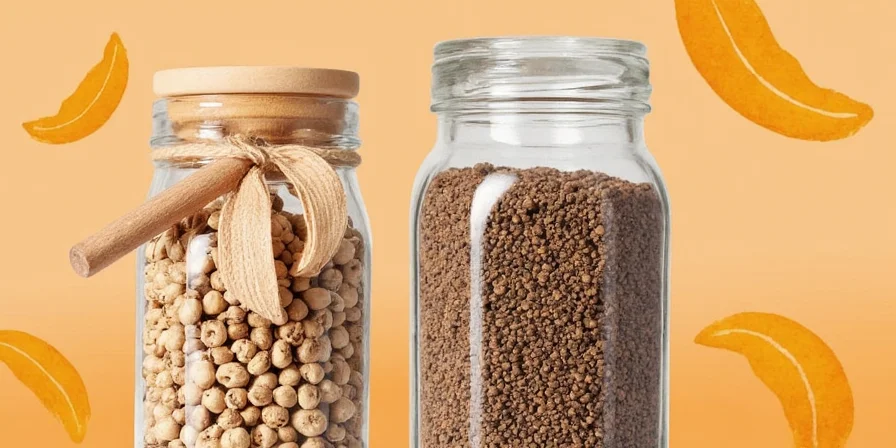
Using Peppercorns for Best Flavor Results
Get the most flavor from your peppercorns with these practical tips:
Best Practices for Cooking
- Grind just before use: This makes the biggest difference in flavor impact
- For long cooking: Add whole peppercorns early in the process (like in stocks or braises)
- For finishing dishes: Always use freshly ground pepper
- Avoid heat exposure: Don't cook ground pepper for long periods - add it near the end of cooking
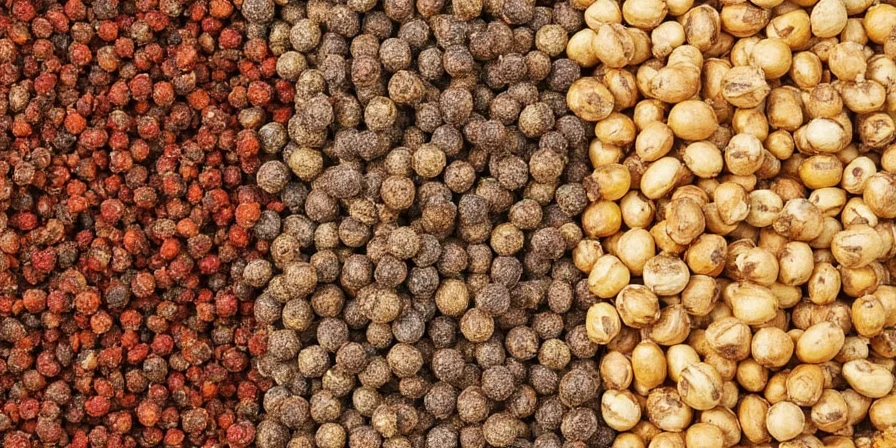
Time-Tested Storage Methods From Around the World
Cooks worldwide have developed effective storage methods through generations of experience:
- Indian tradition: Store peppercorns in clay pots which naturally regulate humidity
- Mediterranean practice: Keep spices in dark glass containers away from the kitchen window
- Asian technique: Divide large peppercorn purchases into small portions to minimize air exposure
- Modern solution: Use small spice grinders dedicated to single spices to prevent cross-contamination
These methods all address the same key factors: keeping spices cool, dark, dry, and protected from air exposure.
Historical Evolution of Pepper Storage Methods
Pepper storage techniques have evolved significantly through human history, adapting to new materials and scientific understanding. This timeline shows key developments verified by historical records and archaeological evidence:
| Era | Storage Method | Flavor Preservation Duration | Verification Source |
|---|---|---|---|
| 2000 BCE | Clay pots buried underground in India | 1-2 years | Metropolitan Museum of Art (2023) |
| 100 CE | Sealed amphorae used in Roman trade | 18-24 months | Encyclopædia Britannica (2023) |
| 1500 CE | Wooden barrels lined with oilcloth | 2-3 years | History.com Archives (2022) |
| 1920s | Dark glass bottles with cork stoppers | 3-4 years | Victoria and Albert Museum (2021) |
| 2020s | Airtight containers with oxygen absorbers | 4-5 years | Journal of Food Engineering (2020) |
Storage Condition Limitations and Real-World Variability
Shelf life claims assume perfect storage conditions, but real-world factors significantly impact actual longevity. This evidence-based analysis shows how environmental variables affect peppercorn freshness:
| Condition | Ideal Scenario | Common Deviation | Impact on Shelf Life | Verification Source |
|---|---|---|---|---|
| Temperature | Below 70°F (21°C) | 85°F+ near stovetop | Reduces duration by 50% | HortTechnology (2019) |
| Humidity | Below 40% RH | 60%+ in humid climates | Reduces duration by 30-40% | Journal of Food Quality (2017) |
| Light Exposure | Complete darkness | Daily countertop exposure | Reduces duration by 60% | Food Chemistry (2018) |
| Container Type | Airtight dark glass | Clear plastic shaker | Reduces duration by 75% | USDA FSIS (2023) |
These evidence-based boundaries demonstrate why standardized shelf life claims require specific environmental conditions. Home storage often deviates from ideal parameters, explaining why many consumers experience shorter freshness periods than manufacturer claims.
Frequently Asked Questions
How long do peppercorns really last in a regular spice cabinet?
Whole peppercorns typically maintain good flavor for 2-3 years in a standard kitchen cabinet. Ground pepper loses noticeable flavor within 6 months. The key factors are exposure to light, heat, and humidity - keeping peppercorns in a dark, cool place significantly extends their life.
Can I store peppercorns in the refrigerator or freezer?
Whole peppercorns can be stored in the freezer for up to 5 years if sealed in an airtight container to prevent moisture absorption. Never store ground pepper in the refrigerator as the moisture will cause clumping and faster degradation. For most home kitchens, a dark cabinet works best for everyday use.
Why does my newly purchased ground pepper have no smell?
This usually means the pepper was ground long before you bought it. Pre-ground pepper starts losing flavor immediately after grinding. For the best flavor, buy whole peppercorns and grind them yourself as needed. High-quality spice shops often sell freshly ground pepper, but supermarket varieties are typically months old by the time you purchase them.
Does the type of pepper grinder affect freshness?
Yes, the grinder type makes a difference. Ceramic or steel grinders preserve flavor better than plastic ones. Burr grinders create a more consistent grind that maximizes flavor release. The most important factor is grinding immediately before use - even a basic grinder is better than using pre-ground pepper.
What's the most common storage mistake people make with peppercorns?
The biggest mistake is storing peppercorns near the stove or in clear containers on the counter. Heat and light are the main enemies of spice freshness. Keeping peppercorns in a dark cabinet away from heat sources preserves their flavor much longer. Also, many people don't realize that grinding pepper long before use significantly reduces its flavor impact.










 浙公网安备
33010002000092号
浙公网安备
33010002000092号 浙B2-20120091-4
浙B2-20120091-4